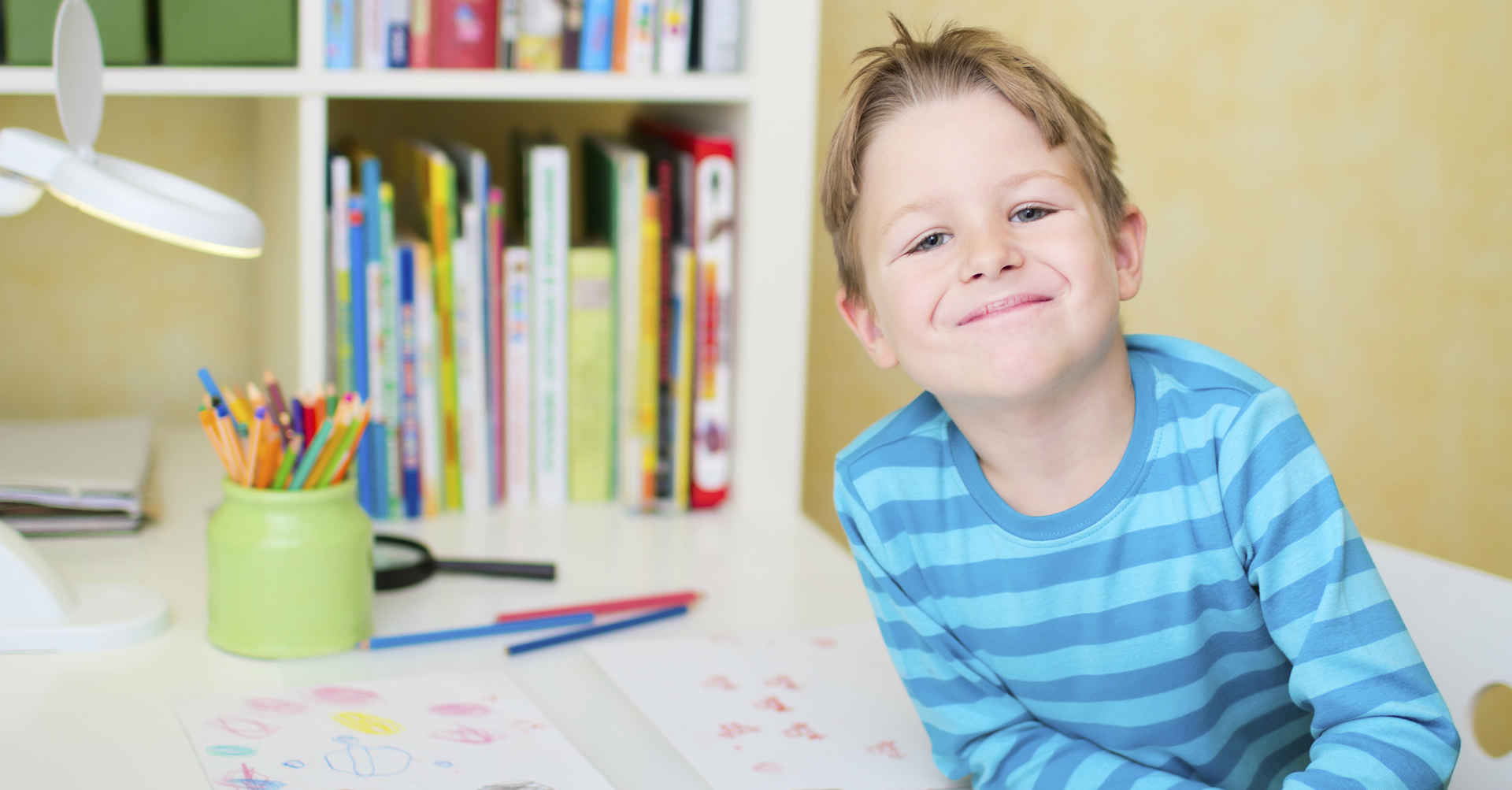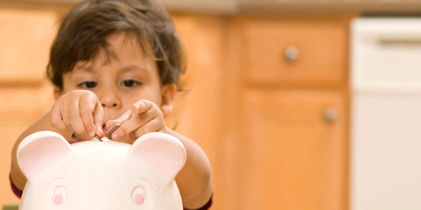After forking out a hefty placement fee to secure a place for our second-born son at a new private school in my neighbourhood, then paying extra for his uniforms, stationery – and let’s not forget his actual school fees for the month – 2016 kicked off with an extra dose of “Januworry”. Thinking of this on repeat for the next couple of years suddenly the idea of home-schooling all three of my kids didn’t seem quite as crazy!
With this in mind, I decided to investigate the costs, and spoke to a few home-schooling mothers I’d met online. One of the first questions I asked, was: “Why home-schooling?”
“The biggest reason was finances,” explained Coral-Leigh Stuart de Lange, a Cape Town mom. “I don't receive maintenance, so we live off of what I make. Right now, it's simply not enough to cover school fees.”
“Finances were the straw that broke the camel’s back,” said a Randburg-based mom I spoke to. She started home-schooling her boys in Grades 1 and 5 this year. “Also, both my boys have Tourette's Syndrome and ADHD, and conventional schooling has been a battle.”
Of the four families I interviewed, all but one of them listed cost-saving as one of their main reasons for choosing to home-school.
Where to startHow does it work? Is taking your children out of school and teaching them at home even allowed in our country? Before 1996, home-schooling was illegal in South Africa, which might explain some of the stigma associated with the practice.
These days, if you want to educate your kids at home, you must register your child with the Department of Education if they fall within Grades 1 to 9 (registration is free). The registration is necessary because, by law, every South African child is entitled to an education up to Grade 9 and it is compulsory that they receive it.
After Grade 9, your child no longer needs to be registered as home-schooled, however, he/she may still want to study towards a Matric and/or university entrance.
Home-schooling families are free to choose their own curriculum. Some of the options are:
- The South African curriculum, called CAPS, after which you will write the South African National Senior Certificate (NSC).
- The British curriculum, where learners will write the IGCSE (International General Certificate of Secondary Education) and Cambridge A levels.
- The American and Canadian curriculum, where learners study towards their GED (General Equivalency Diploma) and SAT.
The costs of home-schoolingSo, can you save money by home-schooling your child? This is one of those “how long is a piece of string” questions. It all comes down to:
- how much you were spending on your children’s education previously
- what curriculum you elect to follow when you home-school (as a rule, textbooks, learning aids and the cost of assessments are more expensive if you’re following an international curriculum)
- whether you choose to set up a formal classroom at home or keep it more casual (i.e. using the dining room table)
- whether you choose to follow the curriculum and submit assessments yourself, or join a distance-learning or online-based institution that packages and structures the curriculum for you,
- whether one parent has to give up their job, or switch from working full-time to part-time, in order to home-school their family
- and finally, whether your children are going to take part in any extra-curricular activities.
I joined a Facebook support group for South African home-schoolers, to find out which options are more popular.
Some of the online courses like Time4Learning, which is based on the US curriculum, cost between $20-$30 per month (R300 – R475), and Brainline, which is based on the South African curriculum, costs between R3 485 and R23 100 per grade.
“I can honestly say I spend less than R2000 per month for all three [children] together… and that is including ballet and piano classes,” says Raeleen van Schalkwyk.
“I spent around R4000 on books for both kids for the year, which I think is not bad,” says Karen Gelderblom, mom to 7-year-old twins. “I ended up selecting books from an Australian curriculum. What I liked was that I could select books that I thought would be sufficiently challenging, rather than buying a Grade 3 package. I also save money on petrol, lunch box snacks, uniforms and cold drinks from Spar on the way home from school in the summer!”
“We public schooled our children before home-schooling. Their combined fees were R13 000 annually and we’ve spent about the same buying curriculum [materials]. The only difference is the curriculum we’ve bought covers us from Grade 2 – 8! So one year’s fees for 7 years’ curriculum,” says Juanita Wierzba.
Pros and cons of home-schoolingApart from the potential cost-savings, the families I interviewed listed many benefits of teaching their children at home. One-on-one attention is a big one.
“You can also structure your lessons and routines to suit the entire family's schedules and needs, and adjust the pace of your lessons,” mentioned MeeA.
On the flip side, “home-schooling takes up a lot of time, you need to create opportunities for your children to engage with other children, and you may be subjected to criticism from friends or family who don't understand your decision to home-school or who feel that you aren't qualified to teach,” she says.
“We're also in each other’s space all the time,” says Coral, who works from home.
While you can definitely save money by home-schooling your children, the commitment is huge. If you are interested in finding out more, get your hands on a copy of Shirley Erwee’s Homeschooling: The Primary Years and Homeschooling: High School. To speak to other home-schooling families, you can ask to join the Facebook support group for South African home-schoolers.
About StaceyStacey Vee is content strategist by day and toddler-wrangler by night. When she's not sharing hard truths about personal finance, she's baking. Baking from scratch can be expensive, by the way. Stacey lives, laughs and runs bubble baths in the city of Johannesburg. You can follow @MissStaceyVee on Twitter.
The views and opinions expressed in this article are those of the authors and do not necessarily represent or reflect the views of 1Life or its employees.




